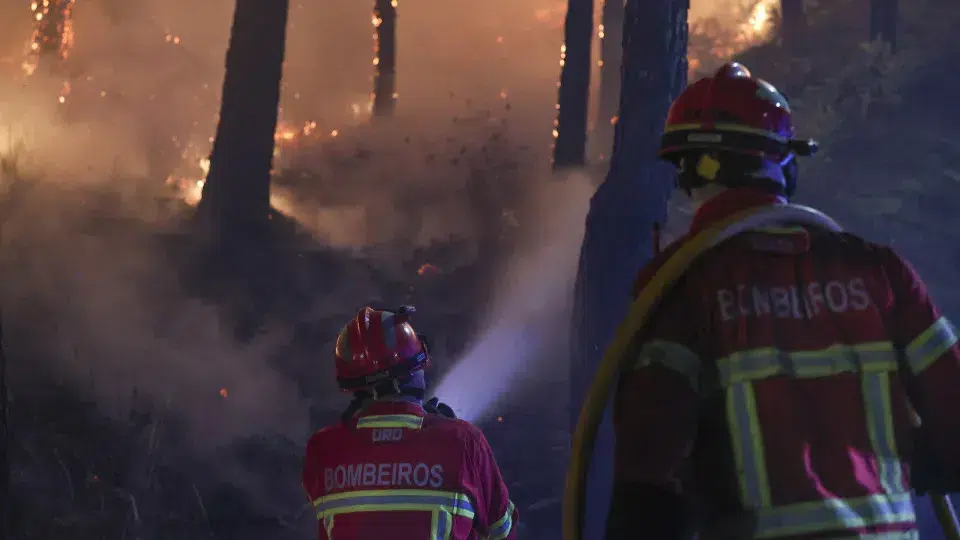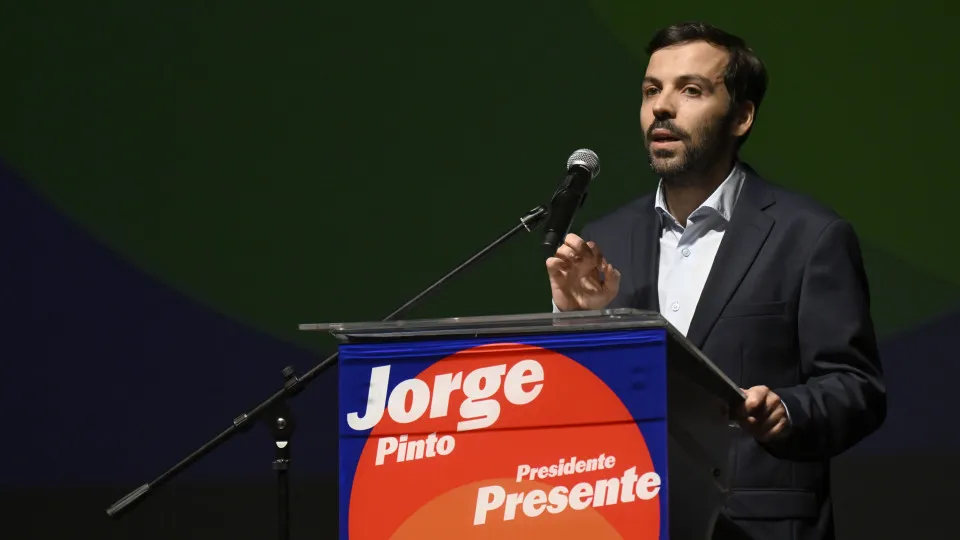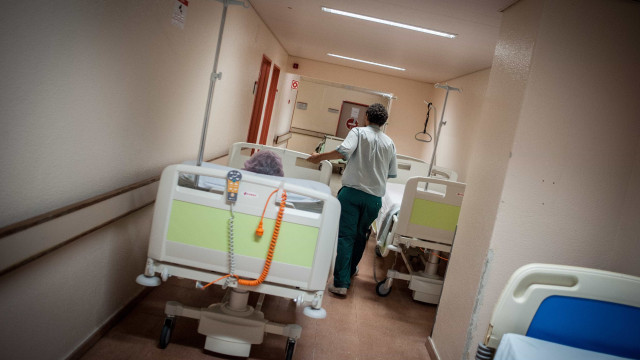
The president of the Portuguese Firefighters League (LBP), António Nunes, revealed that the fire brigades “have not yet been reimbursed for extraordinary expenses,” with particular concern over costs for August when expenses surged unexpectedly due to fires.
Contacted by Lusa, the Civil Protection agency indicated that it aims to process these payments “as soon as possible.”
The Civil Protection agency stated that the process is ongoing “through recalculations aimed at settling all amounts submitted in the Decision Support System,” the ANEPC’s computerized system.
“These assessments are being conducted to ensure payments are regularized as swiftly as possible,” assures the ANEPC, estimating the total amount could reach approximately 20 million euros.
According to the LBP, “the National Authority for Emergency and Civil Protection (ANEPC) has not paid extraordinary expenses since May,” said António Nunes. He noted that this year saw an exception where some humanitarian associations received an advance of 50,000 euros, yet many brigades have expenses far exceeding this, and most have not been reimbursed any amount.
Besides the budget stipulated under the Special Device for Fighting Rural Fires (DECIR), which was 41 million euros this year, there are additional expenses that each fire brigade incurs, such as for food, fuel, and damaged fire vehicles.
The LBP president highlighted that the wildfire season has ended, and the fire brigades submitted invoices for June, July, August, and September to the ANEPC, which have yet to be paid.
He cited the example of the humanitarian association of the Trancoso firefighters, which faced one of the year’s largest fires in August, incurring extraordinary costs of 70,000 euros for fuel and 130,000 euros for meals, having only received the 50,000-euro advance.
The government decided this year, due to the fires’ duration, to advance a part of the extraordinary expense payments up to 50,000 euros.
According to a response sent to Lusa, 13 firefighting corporations received this advance, the total of those that requested support.
“These advances were allocated to associations that demonstrated actual expenses, especially those located in the areas most affected by the fires,” the ANEPC stated.
The Authority also mentioned that in July, August, and September, “extraordinary expenses pending from 2017 to 2022 were paid,” with most of these payments relating to expenses submitted to the ANEPC after the deadline.
In an interview with Lusa at the end of September, the Secretary of State for Civil Protection, Rui Rocha, estimated that this year, voluntary firefighters’ associations incurred over 20 million euros in extraordinary expenses due to rural fires.
“Last year, these extraordinary expenses reached 14 million euros. This year, given the duration and scale of the fires, we expect them to certainly exceed 20 million euros,” specified the Secretary of State.
This fire season resulted in approximately 270,000 hectares burned, marking the fourth worst year in terms of area, behind 2017, 2003, and 2005, and resulted in four deaths, including a firefighter, several injuries, and the complete or partial destruction of primary and secondary residences, as well as agricultural and livestock operations and forest areas.
Portugal was affected by heatwaves between July and August, which contributed to several rural fires, particularly in the northern and central inland regions, with 25 consecutive days of fires, including notable ones in Piódão and Trancoso, lasting 11 and eight days, respectively.




